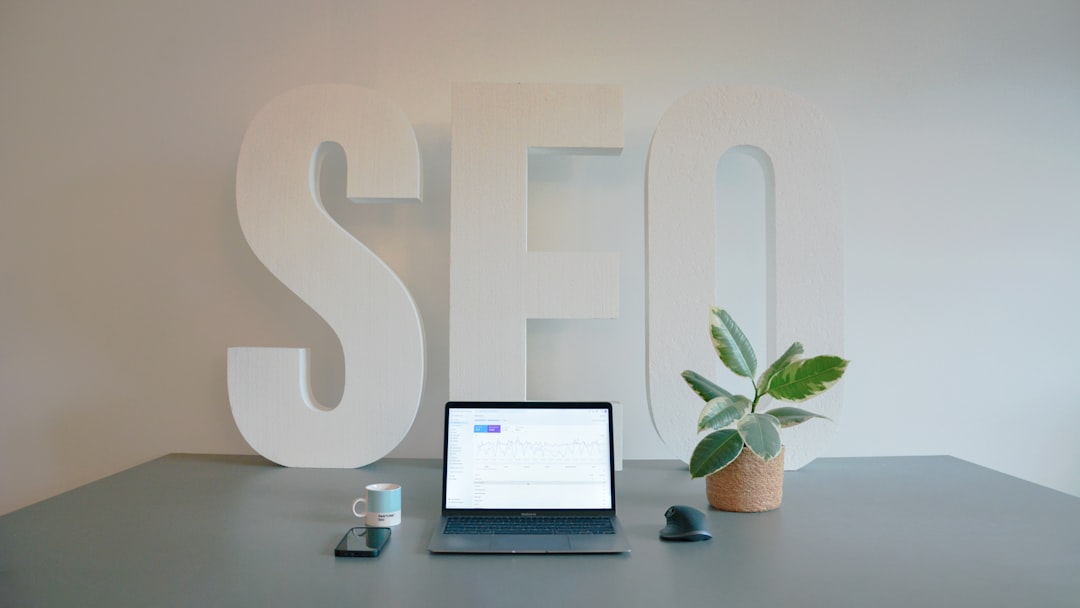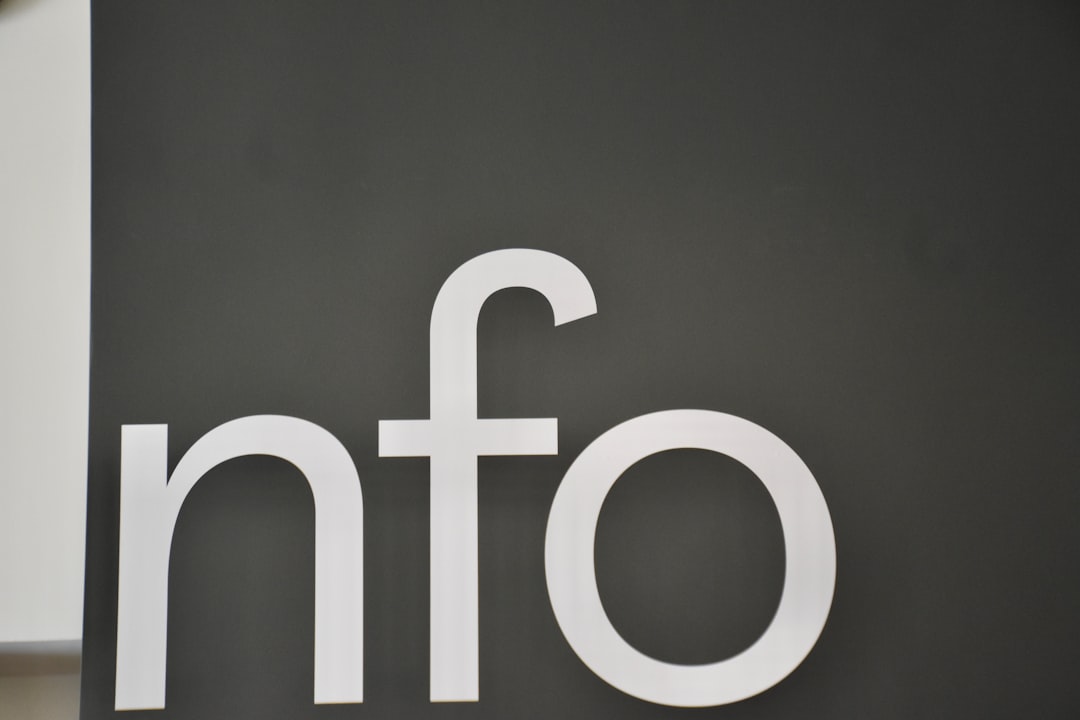Have you ever wondered if Google takes a wrong turn on your website and ends up crawling backlinks? It’s a curious thought, isn’t it? Backlinks are links pointing to other websites, but can Google actually crawl these when they’re present on your website? Let’s dive into this question!
So, What Are Backlinks Anyway?
Backlinks are like virtual shoutouts. Imagine you’re a food blogger, and another popular food blog mentions you and includes a link to your recipes. That’s a backlink—someone else linking to your content. The backlinks on your website, however, are links pointing out to external websites. A bit like saying, “Hey, check this out!”
Does Google Pay Attention to These?
The short answer is yes, Google does crawl backlinks. But hold on—it’s not as simple as it sounds. Let me explain it in a fun way!
Think of Google as a tireless robot explorer with a flashlight. Its main goal is to go through all your website’s pages, understand them, and make sense of everything. When Googlebot (the robot explorer) finds a backlink, it peeks at it too.

However, the level of attention Google gives to a backlink can vary. It depends on certain factors like how your website is structured, the quality of the backlink, and how the link fits within the overall content.
How Do Backlinks Get Crawled?
When Google visits your website, it doesn’t just casually stroll around. Instead, it uses a systematic approach:
- Step 1: Googlebot starts by crawling your website’s pages.
- Step 2: It identifies all the hyperlinks on each page.
- Step 3: It may follow the links, including backlinks to other websites.
But here’s the catch—not every link gets the same treatment. Sometimes, certain backlinks won’t even get noticed. Why? Let’s explore!
What Makes a Backlink Crawlable?
Just because a backlink exists doesn’t mean it’s automatically crawlable. Here’s what matters:
- NoFollow Tags: If a backlink has a
rel="nofollow"attribute, Googlebot is signaled not to follow it. Think of it as putting up a “Do Not Disturb” sign. - Robots.txt File: Your website’s robots.txt file can block certain sections of your website from being crawled, including backlinks.
- JavaScript: Sometimes backlinks might be hidden inside JavaScript code, making them harder for Google to crawl.
If a backlink is clean, well-placed, and free of any blockages, it’s likely to be crawled by Google.
Why Does Google Crawl Backlinks?
You might wonder, “Why does Google even care about backlinks on my website?”
The primary reason is to understand context and connections between websites. Backlinks tell Google a story. They show what topics are related, how websites reference each other, and even help measure the trustworthiness of a website.
That said, crawling a backlink doesn’t necessarily mean it will have a huge SEO impact. Google focuses on quality, not just quantity.

Does This Help Your Website’s SEO?
Here’s the twist—Google crawling backlinks on your website usually doesn’t benefit your SEO directly. 🌀
Why? Because the real SEO power of backlinks happens when they point to your website from someone else’s. Those are the backlinks that affect your rankings significantly.
However, having clean, outbound backlinks on your page shows Google that you’re a trustworthy source linking to relevant, high-quality content—and this can improve your site’s overall reputation.
Should You Be Careful with Backlinks?
Yes, absolutely!
Here are a few tips:
- Link only to websites you trust.
- Avoid linking to spammy or poorly rated websites.
- Use the
rel="nofollow"attribute when necessary to control Googlebot’s behavior.
The Final Takeaway
In short, yes, Google does crawl the backlinks on your website. But it’s not something you need to obsess over for your SEO. Focus on priorities like creating great content, earning backlinks to your site, and maintaining a clean, user-friendly site structure.
Think of backlinks on your website as pointers—not SEO goldmines. And remember, Googlebot is just doing its thing, flashlight in hand, exploring the web one link at a time!

Keep building valuable connections on the web, and Google will surely notice your efforts!



